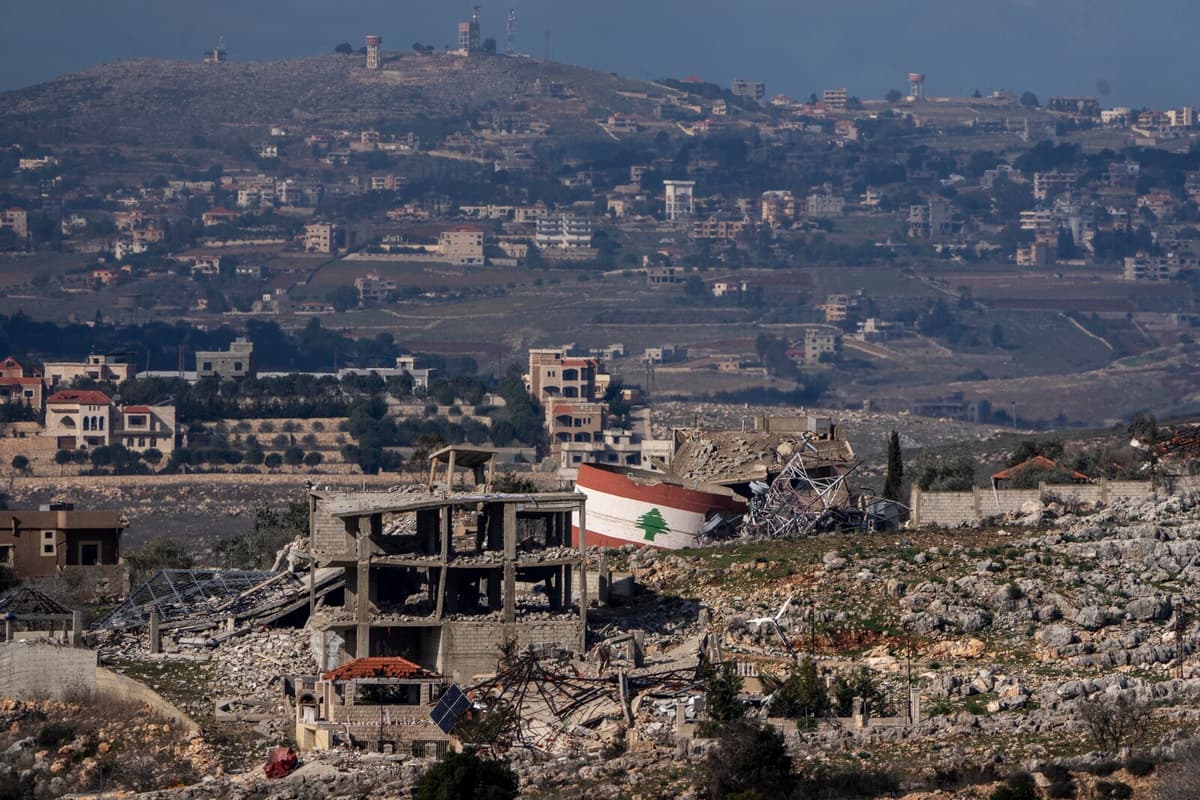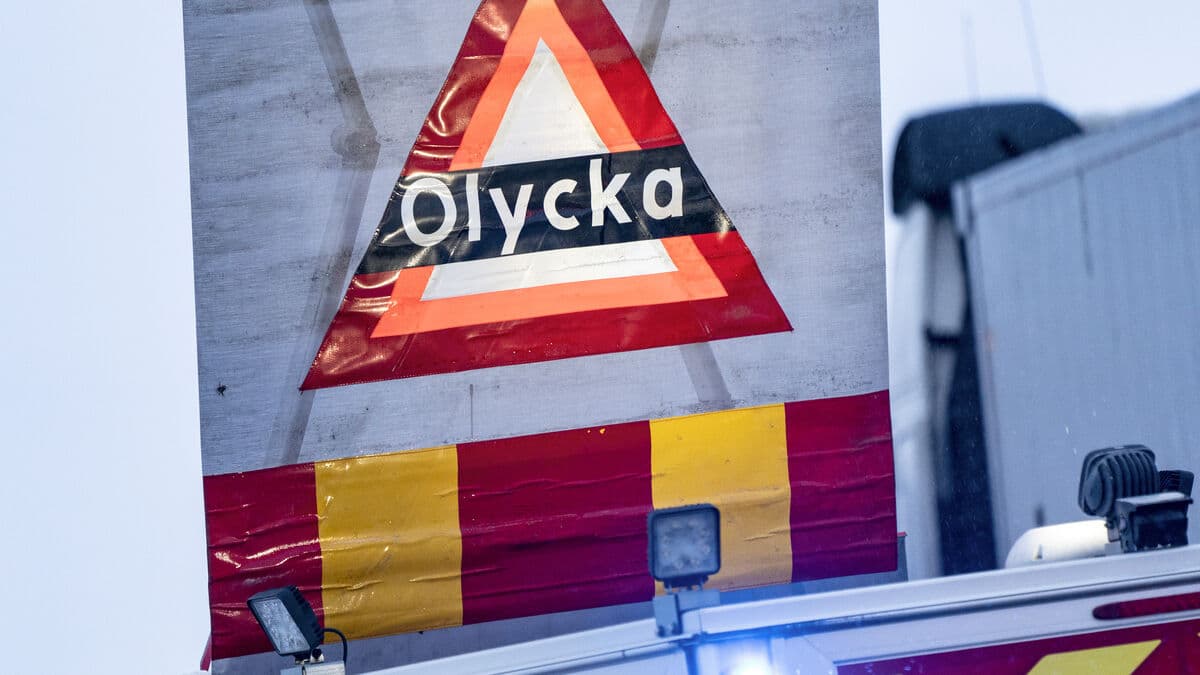The last day for Israel to leave southern Lebanon is now on Sunday, January 26, but according to Israeli media, the country wants to postpone the date by another 30 days.
The reason is that the military IDF does not believe that Lebanon's military has acted quickly and resolutely enough to guarantee a maintained peace.
Hizbollah has previously threatened to resume its attacks on Israel if IDF does not leave Lebanon within the agreed time. Thursday's reports have led the Lebanese Shia militia to repeat the threats.
They would see an extension as "a flagrant violation of the agreement and an infringement on Lebanon's sovereignty", writes Haaretz.
According to the news agency AP, Israel's UN ambassador is negotiating with the US to postpone the withdrawal, which former President Joe Biden is said to have been positive towards, but his successor Donald Trump strongly opposed.
The parties agreed on November 27 last year on a ceasefire between Israel and the Lebanese Shia militia Hizbollah, two months after a full-scale war where Israeli forces advanced into Lebanon. As part of the agreement, it is up to Lebanon's regular but relatively weak army to deploy forces in the south, where they will maintain peace together with international UN forces.
Hizbollah, in turn, is to withdraw northwards, north of the Litani River and further away from Israel. The still influential movement will then not have any military capabilities left in the south.
Both parties have regularly accused each other of breaking the agreement.
The conflict between Israel and the Shia militia Hizbollah is part of a larger schism between the Jewish state and several countries and movements in the Middle East, including the powerful Iran.
After the outbreak of the Gaza War in 2023, the situation in southern Lebanon also escalated into open war in October last year. After a number of devastating weeks with bombings and attacks, an agreement on a ceasefire was reached at the end of November.
The first phase is a two-month transition period, which lasts until January 27. Israel's military is to leave southern Lebanon, and Hizbollah is to move all its heavy weapons north of the Litani River.
A committee led by the US is monitoring that the parties do what they are supposed to. If Lebanon and others do not remove acute threats to Israel, there are reservations about Israel's right to take military action.
Hundreds of thousands of evacuated civilians should also be able to return to their homes in northern Israel and southern Lebanon.
So far, however, it has been slow to fulfill the conditions.






